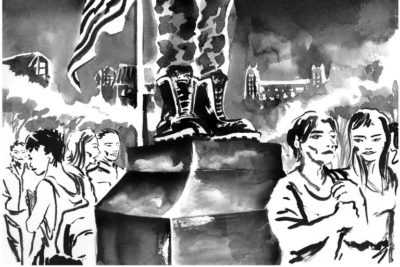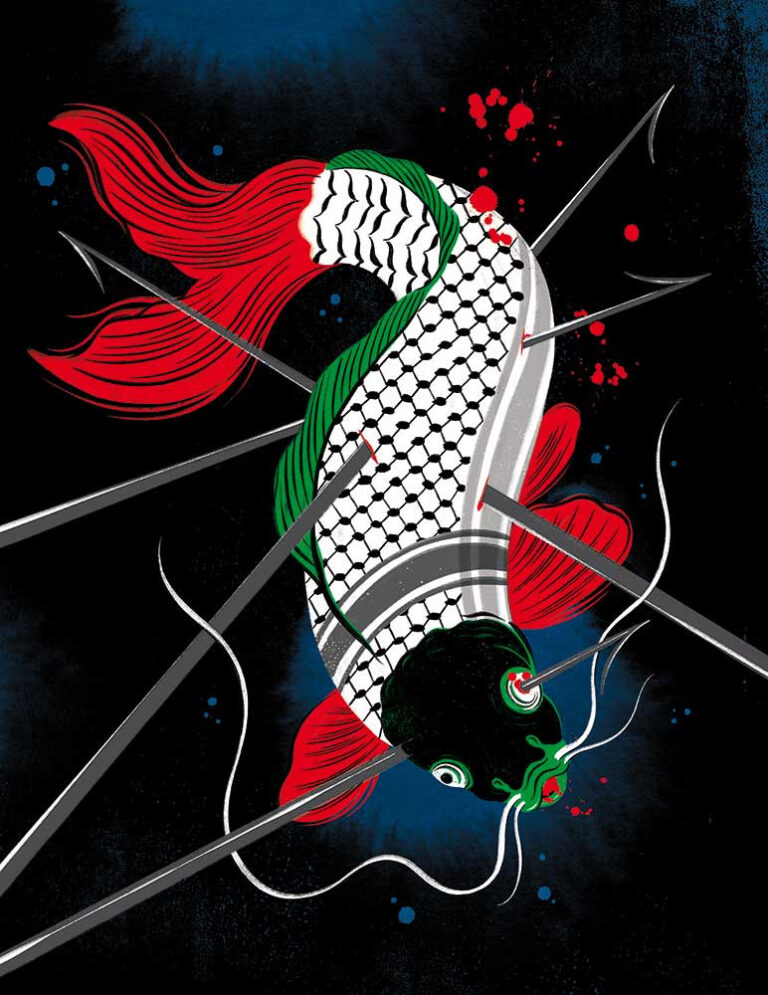This article by Viet Thanh Nguyen was posted in the New York Times on June 20, 2016. A version of this oped appears in print on June 20, 2016, on page A19 of the New York edition with the headline: The ‘American Tragedy’ of Vietnam.

Los Angeles — EVEN today, Americans argue over the Vietnam War: what was done, what mistakes were made, and what were the lasting effects on American power.
This sad history returns because of Bob Kerrey’s appointment as chairman of the Americans-ponsored Fulbright University Vietnam, the country’s first private university. That appointment has also prompted the Vietnamese to debate how former enemies can forgive and reconcile.
What is not in dispute is that in 1969 a team of Navy SEALs, under a young Lieutenant Kerrey’s command, killed 20 unarmed Vietnamese civilians, including women and children, in the village of Thanh Phong. Mr. Kerrey, who later became a senator, a governor, a presidential candidate and a university president, acknowledged his role in the atrocity in his 2002 memoir, “When I Was a Young Man.”
Those in the United States and Vietnam who favor Mr. Kerrey’s appointment see it as an act of reconciliation: He has confessed, he deserves to be forgiven because of his efforts to aid Vietnam, and his unique and terrible history makes him a potent symbol for how both countries need to move on from their common war.
I disagree. He is the wrong man for the job and regarding him as a symbol of peace is a failure of moral imagination
It is true that Americans have been more forthcoming about some of their crimes than anyone in the Vietnamese government and Communist Party. But it is equally true that Americans tend to remember the war as an American tragedy, as I saw distinctly while watching “Platoon,” “Apocalypse Now” and other movies as a boy growing up in California.
I lived among many Vietnamese refugees for whom this war was a Vietnamese tragedy. President Obama’s speech on the war’s 50th anniversary in 2012 focused on the deaths of over 58,000 American soldiers; I wondered why more than 200,000 South Vietnamese and more than one million North Vietnamese and Vietcong fighters who died were not mentioned, nor the countless thousands of civilians who perished.
With Mr. Kerrey’s new position, we are returning to the familiar story about an American soldier’s redemption. Many Vietnamese are also focused on that story now, even as it comes at the expense of remembering Vietnamese suffering. Some opinion polls show a majority of Vietnamese endorsing Mr. Kerrey’s appointment, and some North Vietnamese veterans, like the renowned novelist Bao Ninh, have voiced their support.
Some in the United States have said that Mr. Kerrey is also a victim — of an unjust war and disastrous leadership — but such a claim seems ironic, if not outright ludicrous, when one compares Mr. Kerrey’s prominence to the obscurity in which the survivors of the attack he led and the relatives of those killed now live. His life and career have barely been impeded, except for any personal regrets.
Indeed, as Mr. Kerrey was once in Vietnam as an expression of United States power, he now arrives in a different guise but still as a symbol of Western influence, this time as a leader of a university.
Many Vietnamese hope the university will deliver free-market values to a nominally Communist country eager to continue its capitalist development. But such hope must be tempered with the understanding that Western-style universities are ambivalent places when it comes to encouraging greater equality.
At their best, they cultivate humane thinking. At their worst, they both practice and promote an economic inequality that supports the interests of the 1 percent: exploitation of underpaid adjunct teachers; tremendous increases in student debt; emphasizing the production of workers rather than learners.
Which role will Fulbright play? This question foreshadows how Vietnam’s capitalist development, guided by institutions like this one, could leave behind the country’s most vulnerable.
If Mr. Kerrey does continue as chairman, Americans and Vietnamese together should insist on symbolic and material measures to make amends to his victims and address his past.
First, he should visit Thanh Phong and apologize to the survivors and the families of the dead. Reconciliation between the two countries should be about more than the drama of one American veteran; it should also include the tragedy of 20 dead Vietnamese villagers.
Second, the Fulbright campus in Ho Chi Minh City should include a prominent memorial to Thanh Phong’s dead. Already visible throughout Vietnam are “martyrs’ cemeteries” commemorating more than one million soldiers who died for the Communist revolution. Memorials to the even greater number of civilian dead are rare, possibly because remembering their deaths might raise troublesome questions about who killed them.
Third, Fulbright should create educational programs to benefit Thanh Phong’s youth and prepare them for a path that will lead to full scholarships at the school. The people of Thanh Phong, and the many people throughout Vietnam like them, should benefit from the university as much as Mr. Kerrey does from his chairmanship’s prestige.
Fourth, the school’s board should include spiritual leaders, peace activists and teachers who support a humane vision of education, not just a corporate one.
The dead of Thanh Phong, and all the civilian dead, demand an answer to the question of whether, and how, a wealthier Vietnam will remember them, and whether United States-style economic development will benefit all the citizens of Vietnam, or once again make victims of the weakest and the poorest.
Viet Thanh Nguyen is the author of “The Sympathizer,” which won the 2016 Pulitzer Prize for fiction, and “Nothing Ever Dies: Vietnam and the Memory of War.”


